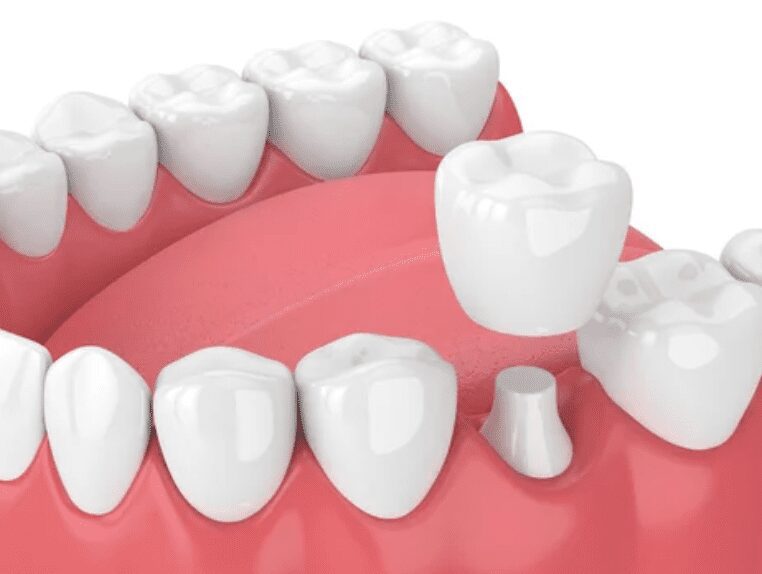Dental crowns are a common dental restoration that can improve your oral health in several ways. A dental crown is a custom-made cap that fits over a damaged or decayed tooth. One of the many benefits of dental crowns is their ability to restore the shape, size, strength, and function of your teeth. Crowns are typically very durable because of their materials, such as ceramic or porcelain. With proper care, dental crowns can last for many years.

Protection of Weak or Damaged Teeth
Dental crowns can provide protection for weak or damaged teeth. When tooth decay weakens a tooth, you may need a large filling or a root canal treatment. Unfortunately, this tooth may be more susceptible to fractures or breakage. Therefore, a dental crown can provide additional support and protection for the weakened tooth, reducing the risk of further damage.
Restoration of Severely Worn Teeth
Another problem that may require a dental crown occurs with worn teeth. Teeth can become severely worn over time due to grinding, clenching, or aging. When this happens, the teeth may become sensitive or vulnerable to decay. Your dentist may choose a dental crown to restore the shape and size of severely worn teeth. This can help protect them from further damage and reduce sensitivity.
Correction of Misshapen or Discolored Teeth
You may also use dental crowns for cosmetic purposes. For example, your dentist may recommend a crown to correct misshapen or discolored teeth. If a tooth is misshapen or discolored due to genetics or injury, a dental crown can improve its appearance and the overall aesthetics of your smile.
For patients with missing teeth, you may also use dental crowns. A dental bridge is a dental restoration that replaces one or more missing teeth. The bridge is anchored in place by attaching it to adjacent teeth using dental crowns. This provides a stable and functional replacement for missing teeth.
Improvement of Bite Alignment
Dental crowns can also improve bite alignment. When teeth are misaligned or uneven, it can cause discomfort, difficulty chewing, and even jaw problems. A dental crown can restore the shape and size of a tooth. Overall, this will improve bite alignment and reduce discomfort.
Prevention of Further Tooth Decay
Additionally, you may find that dental crowns can also help to prevent further tooth decay. When a tooth is decayed or damaged, it is more vulnerable to further decay. A dental crown can cover the damaged portion of the tooth. As a result, this can prevent bacteria from entering and causing further decay.
Restoration of Dental Implants
Your dentist may also use crowns to restore dental implants. A dental implant is a small metal post that a dentist surgically places in the jawbone. This device is a restorative way to replace a missing tooth. Once the implant fuses with the bone, a dental crown attaches to the top of the implant. This will provide a functional and natural-looking replacement for the missing tooth.
